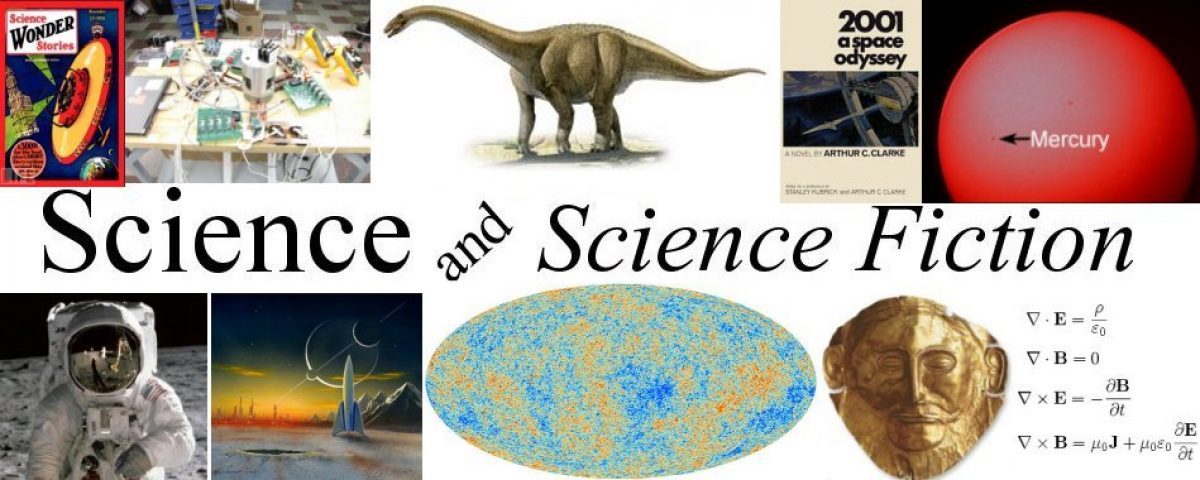We all know that plastics are almost everywhere nowadays. There are many reasons for this but two are most important. First of all plastic is versatile; it seems like nearly anything can be made out of plastic. And its cheap, derived from petroleum the chemical process of making plastic is simple and by the process of injection molding turning plastic into a product is again very simple and easy to accomplish. Because of its usefulness and low cost the human race is currently producing about 400 million tonnes of plastic waste every year. That’s about the same mass as that of every person on this planet.

So as I said plastic is everywhere, too much of it and it is piling up not only in landfills but in places we don’t want it, like our rivers, streams and oceans. Plastic is a miracle, but I like to say it’s a miracle that doesn’t go away once it has accomplished the task it was created for. To be specific plastic is so stable a chemical that it doesn’t breakdown chemically in the way wood or paper or even iron will eventually do.
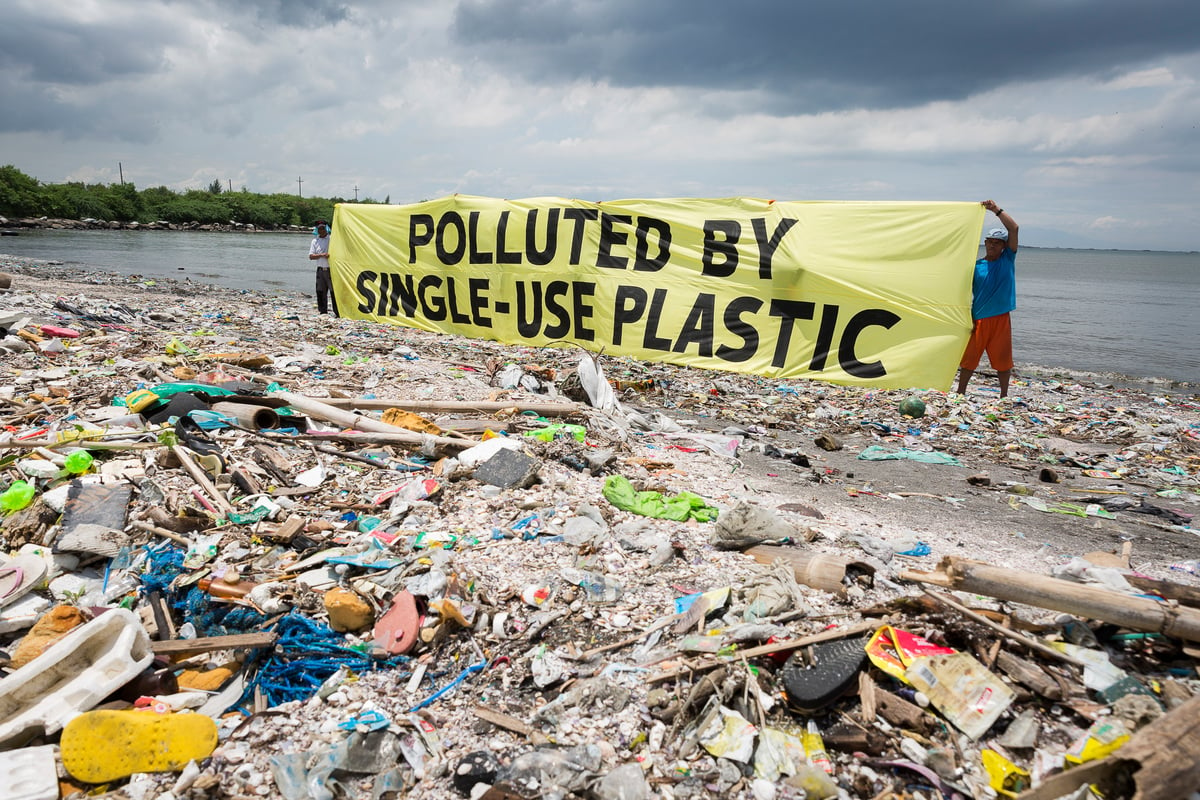
So all of the plastic trash that we throw out just piles up, layer by layer. Because of this plastic pollution is now vying with Global Warming to be our biggest environmental problem. Even worse, although plastic doesn’t breakdown chemically it will over time breakdown mechanically, that is to say plastic products will break into smaller and smaller pieces of plastic. Pieces so small that they are called microparticles, so small that they get into our water, into our food and even the air that we breath. Pieces so small that they have now been detected inside us, in our stomachs, in our lungs and even in our blood.
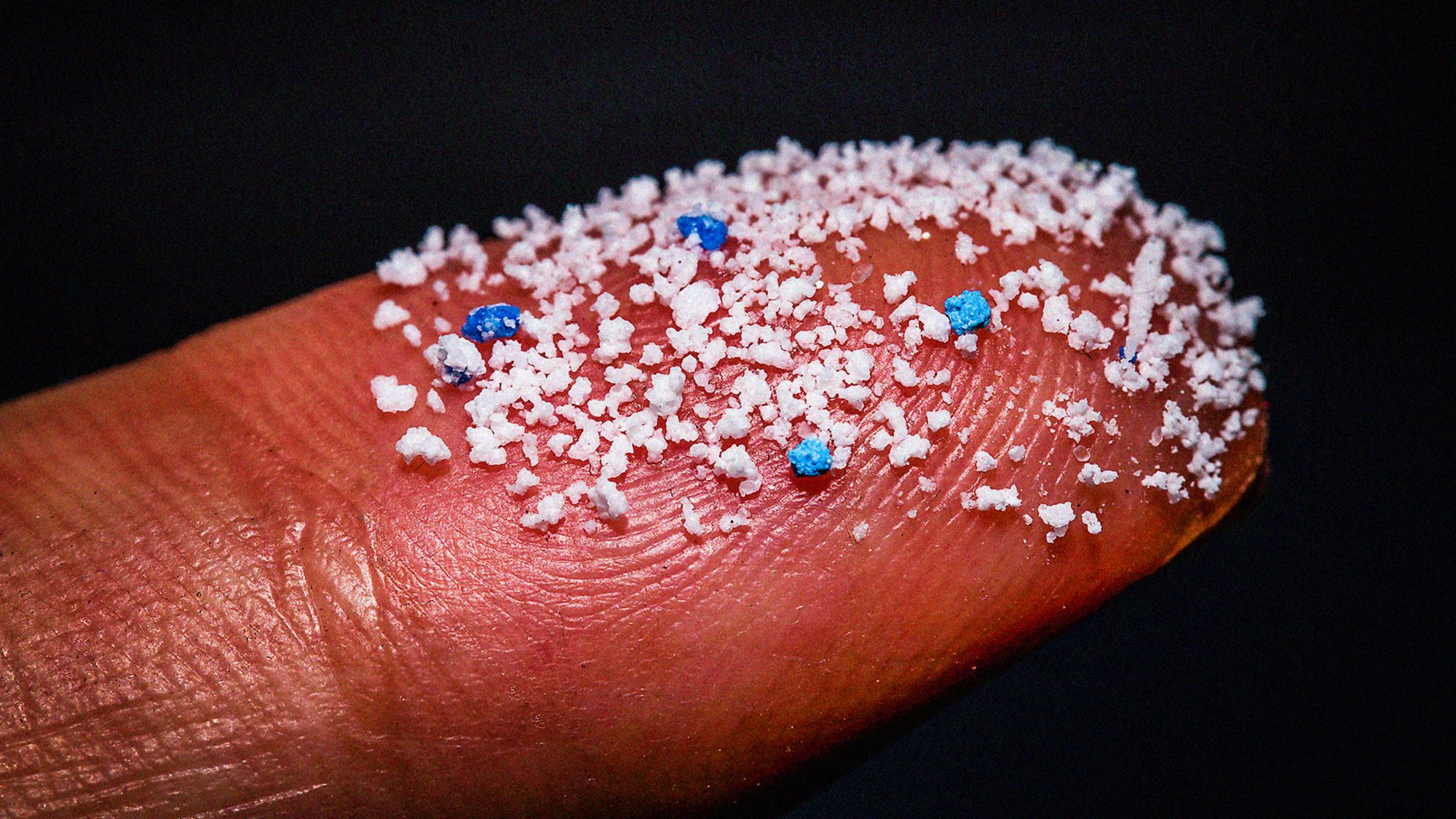
Plastics have become so big a problem that last month negotiators from 175 countries met in Ottawa, Canadian to try to hammer out an international treaty to regulate plastics. Like the annual COP conferences that are held to address Climate Change the plastics meeting is a yearly affair, last year’s gathering was held in Kenya.
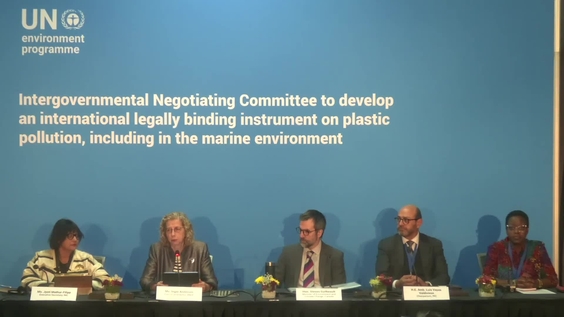
Also like the COP Climate Change conference the meeting on Plastics was not only attended by negotiators with their scientific and environmental advisors but also by representatives of the petroleum industry, lobbyists whose only concern is the profits of the oil companies who pay them. Worldwide the manufacture of plastics is valued at over $700 billion dollars annually so the industry can afford to hire a lot of lobbyists.
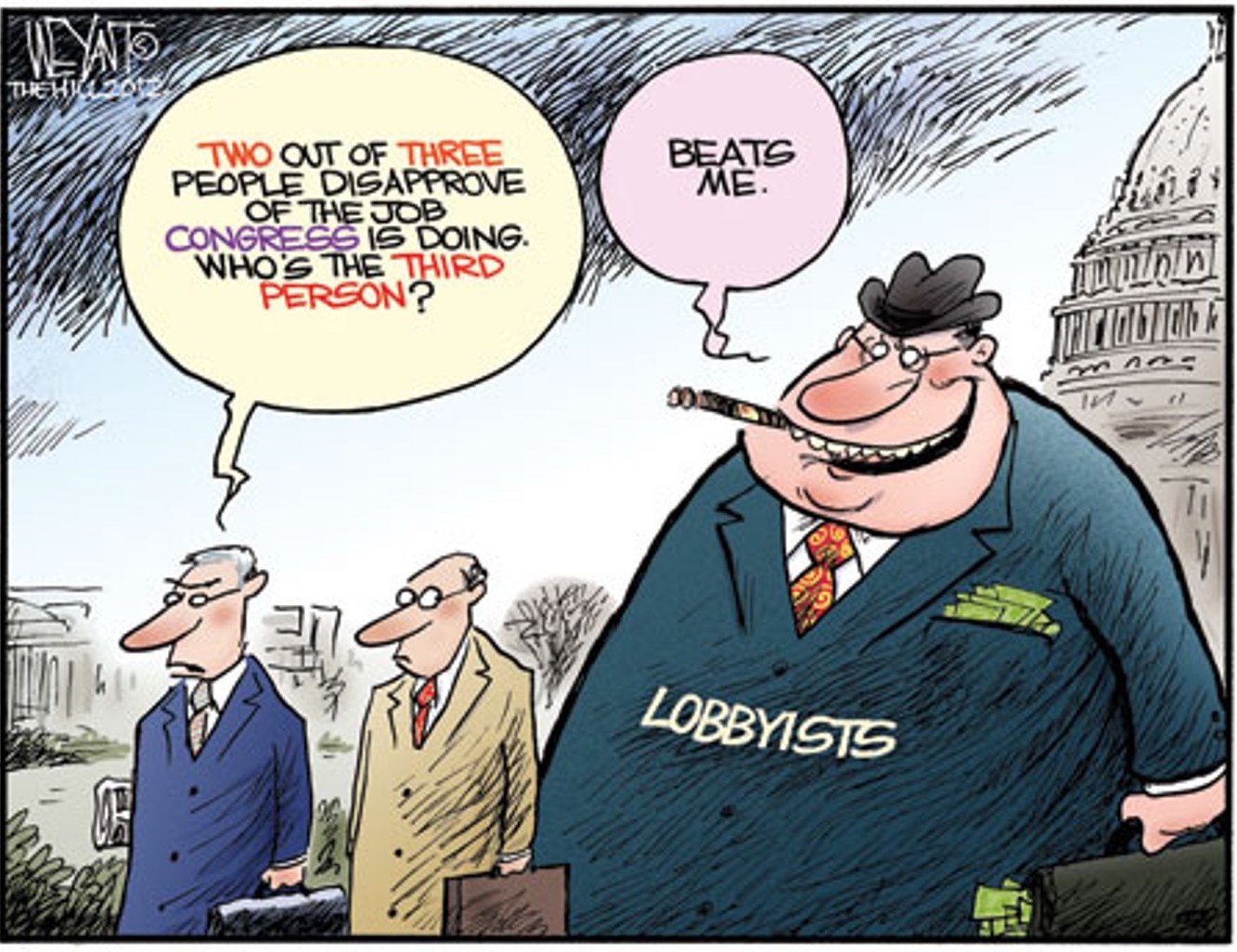
These special interests have formed themselves into organizations like the Plastics Industry Association and America’s Plastic Makers in order to use their influence to prevent any actual limits to plastic production from getting into any treaty. Aiding them in their efforts are negotiators for counties with national oil companies like Saudi Arabia, Russia and Venezuela who also sought to avoid anything that would reduce oil production.

Instead of legally limiting the amount of plastic that is produced in the world these apologists for the plastics industry advocate recycling as the best approach to eliminating the plastic trash that is choking our planet. If you think about it that argument doesn’t really work for the petroleum industry because if we recycled all of the plastic products we use into new plastic products then we still wouldn’t need to make any more plastic, so we wouldn’t need any more oil from them.
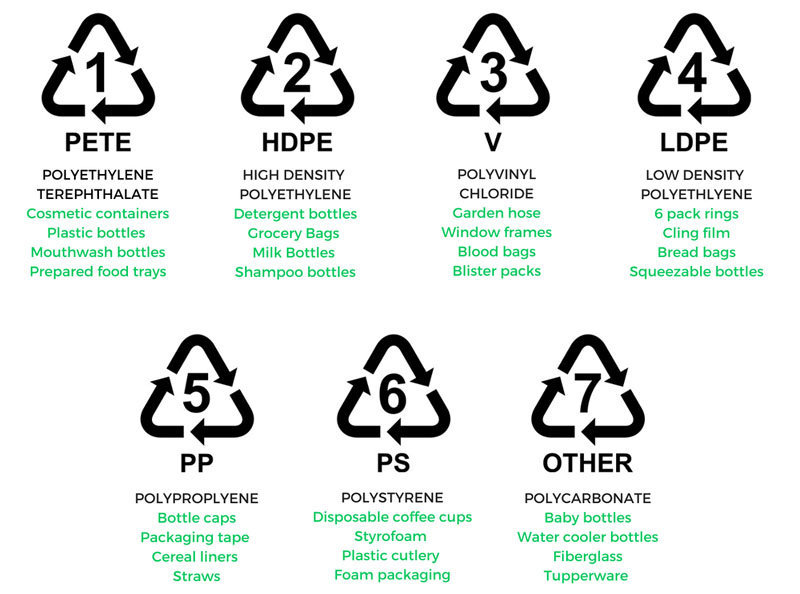
In truth however the lobbyists for the oil companies know that we do a lousy job of recycling, only around 5% of the plastic that gets produced every year ends up being recycled. To make matters worse the plastic companies themselves sabotage the recycling effort they promote by making seven different types of plastic, each of which requires a different technique to recycle. In fact several of the types of plastics being manufactured cannot even be recycled economically. Combined these factors make the handling and sorting of recycled plastic products very labour intensive and therefore so expensive that in reality very little of the plastics being produced are ever actually recycled.
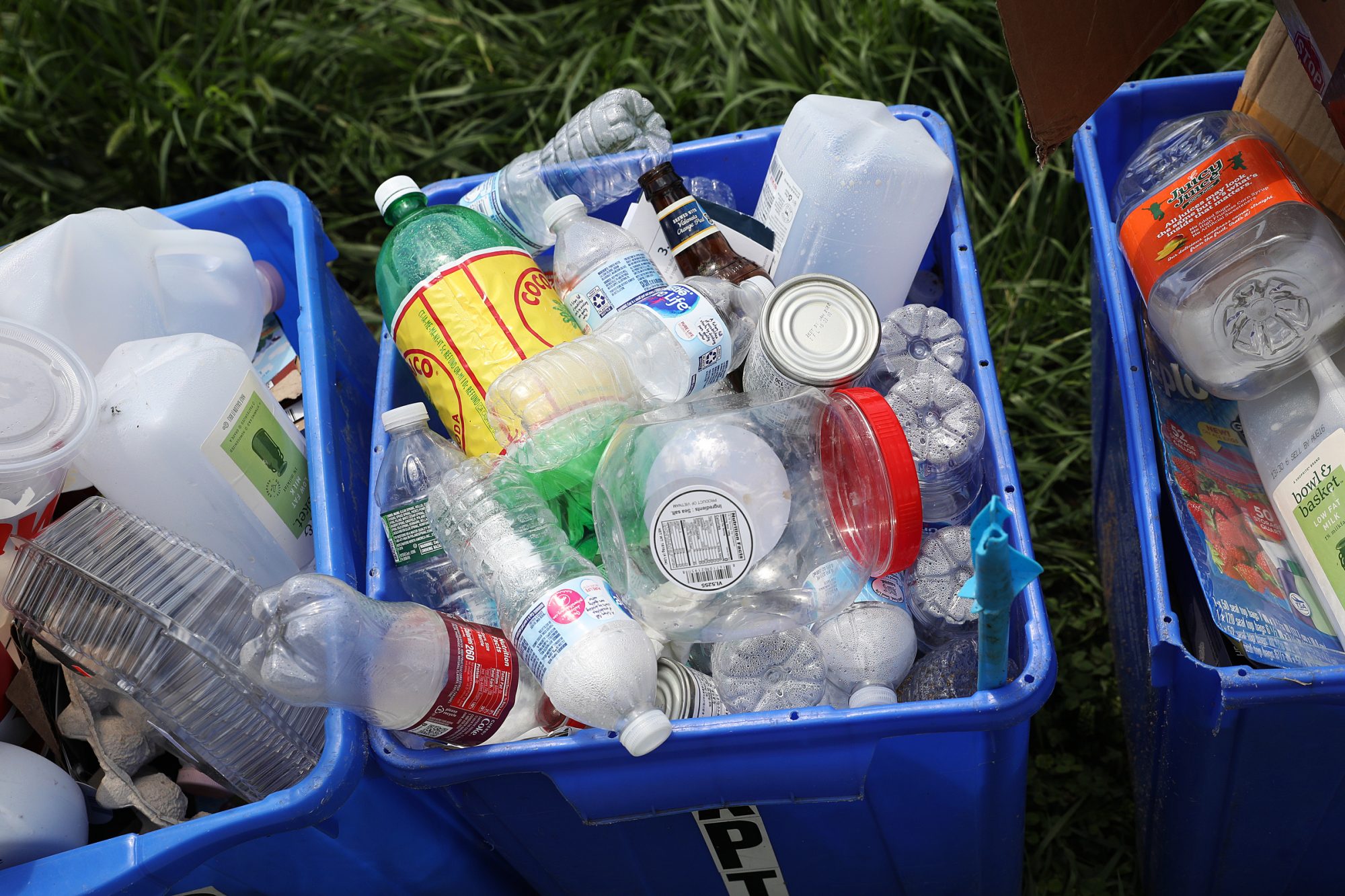
At the conference itself there was a proposal by the delegates from Peru and Rwanda to actually cut back on the scale of plastic production. This proposal was supported by 29 other nations but in the end the US and UK bowed to pressure from the plastics manufacturers and the conference ended without any agreement on cutbacks.
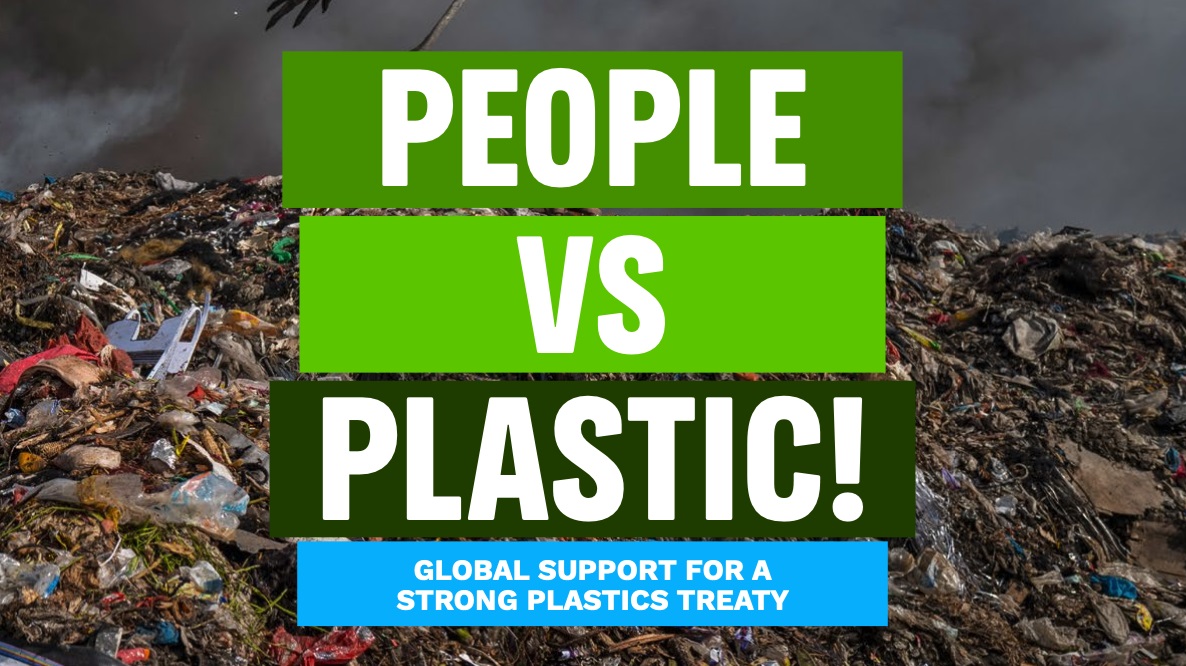
The lobbyists had good reason to gloat about their victory. According to Matt Seaholm. CEO of the Plastics Industry Association the US did “a very good job of trying to balance all of the interests.” Which is just another way of saying the conference achieved nothing. Not only was there no agreement on reducing production of plastics but there was also no implementation of any policy that could actually increase the amount of plastics that are recycled. The plastics industry, which is just a subset of the petroleum industry, got everything they wanted and environmentalists got nothing.
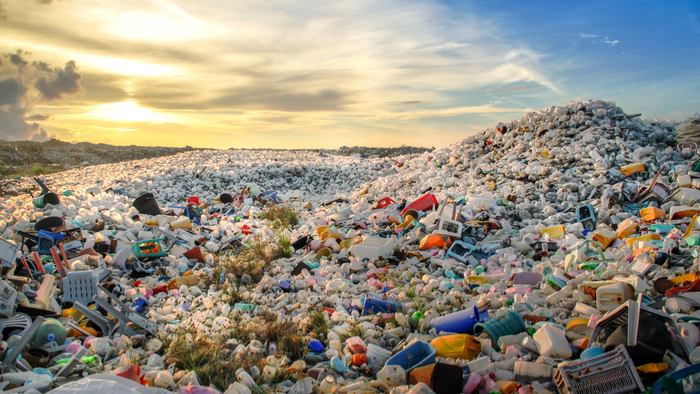
There will of course be another international conference on plastics next year in Busan, South Korea. Bureaucrats just love big conferences that allow them to travel to other countries on taxpayer’s money. Like the annual COP conference on Climate Change however it appears that nothing will happen to combat either of these environmental threats until there is a real crisis, until there are so many people dying that the problems can no longer be ignored. By that time it will be too late because the buildup of greenhouse gasses in the atmosphere along with the plastic on the land and in the oceans will continue to poison our planet for at least decades to come.
